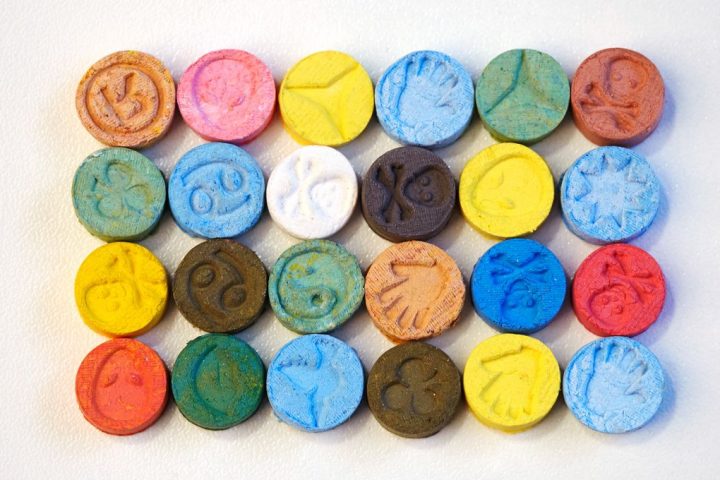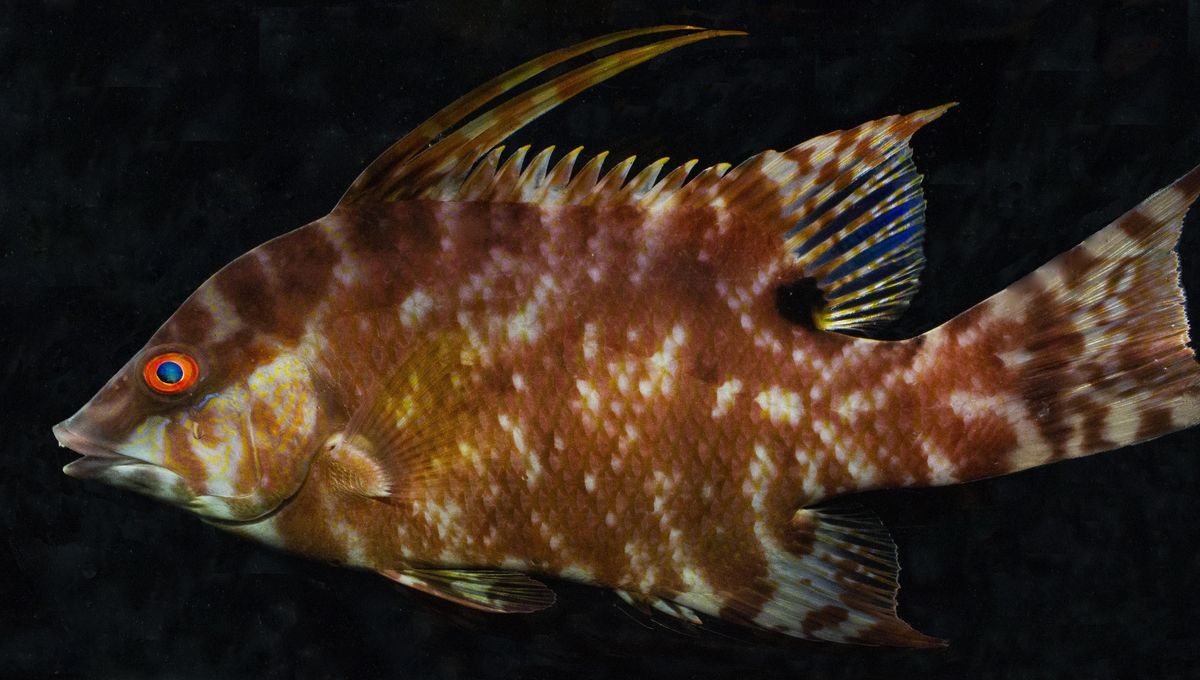Prepare to test your intelligence with the world’s shortest IQ test – the Cognitive Reflection Test (CRT). Developed by psychologist Shane Frederick in Princeton, this test aims to separate the Einsteins from the Homer Simpsons of the world in just three questions.
But don’t be fooled by its simplicity. The CRT is designed to challenge your gut response and encourage slower, more rational thinking. It measures your ability to ignore intuitive thinking (system 1) in favor of analytic thinking (system 2). To excel in this test, you must take the time to reflect on your answers and question your initial instincts.
Not only do you need to answer all three questions correctly to prove your genius, but speed also plays a role. A quicker response time is indicative of a higher IQ.
So, how smart are you really? Keep in mind that these questions may not be as straightforward as they initially appear. Even students from prestigious universities like Yale and Harvard struggled to answer all three questions correctly in a 2005 study. In fact, only 17 percent achieved a perfect score.
The Quiz
1. A bat and a ball cost $1.10 in total. The bat costs $1 more than the ball. How much does the ball cost?
2. If it takes 5 machines 5 minutes to make 5 widgets, how long would it take 100 machines to make 100 widgets?
3. In a lake, there is a patch of lily pads. Every day, the patch doubles in size. If it takes 48 days for the patch to cover the entire lake, how long would it take for the patch to cover half of the lake?
Curious about the answers? Keep reading!
The Answers
1. A bat and a ball cost $1.10 in total. The bat costs $1 more than the ball. How much does the ball cost?
- 5 cents – If you guessed 10 cents, you’re not alone. Many people fall for this trick. The correct answer is actually 5 cents. When you add a 5 cent ball to a bat costing $1.05, the total comes to $1.10. And yes, $1.05 is exactly $1 more expensive than 5 cents. (A Princeton study found that those who answered 10 cents were “significantly” less patient than those who got it right.)
2. If it takes 5 machines 5 minutes to make 5 widgets, how long would it take 100 machines to make 100 widgets?
- 5 minutes – Your gut instinct might lead you to say 100 minutes, but that’s not the correct answer. From the information given, we can deduce that it takes 5 minutes for 1 widget machine to make 1 widget. Therefore, it would take 5 minutes to make 100 widgets using 100 widget machines.
3. In a lake, there is a patch of lily pads. Every day, the patch doubles in size. If it takes 48 days for the patch to cover the entire lake, how long would it take for the patch to cover half of the lake?
- 47 days – If you guessed 24 days, you’re not alone. It may seem logical to halve the number of days since you’re halving the size of the lily pad patch. However, if the patch doubles in size every day, it only takes one day for it to go from being half covered to fully covered. Subtract one day from 48, and you’re left with 47.








